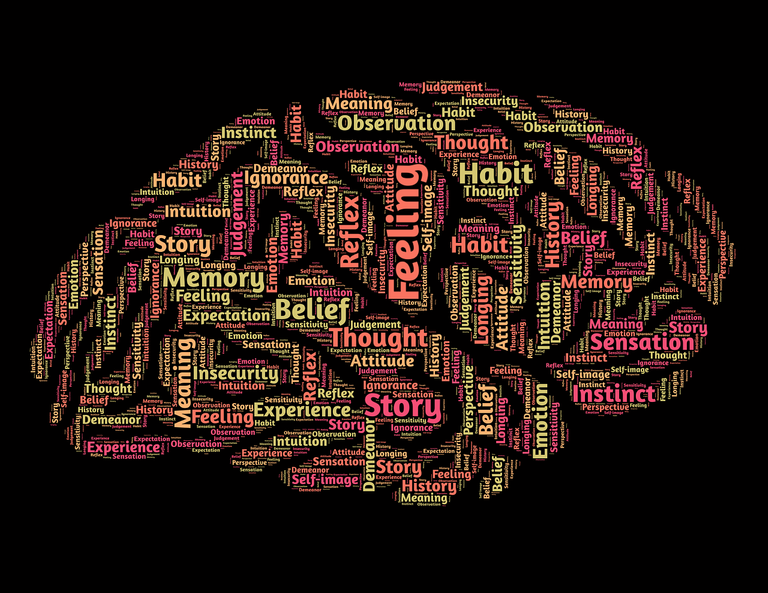Last week I watched a short lesson on Udemy dealing with social psychology and it discussed a very interesting phenomenon. To me it deals with the importance of the words we say and also about what we read, because it shows that we are impacted by it, no matter if we believe it or not. So, what was the experiment all about?
You are impacted by what you read, no matter what... a social experiment!
Imagine old people sitting down in a room together and they all had to do a test. The test consists of 5 or 6 words placed next to one another, but one of them doesn't belong there. So, you can make a complete sentence using 4 out of 5 words or with 5 out of 6 words. The remaining word doesn't fit into the sentence. Doesn't sound too hard, does it?

Source: Pixabay
Now, what they did is that the "left-out" word always dealt with being old, retired and more... and in other situations, just used neutral words. Do you know what happened? When the people were finished with the test (and thought they just had to go home) they entered into a hallway and had to walk down the hallways in order to receive their rewards. However, what they didn't know was that a timer was started as they entered the hallways measuring how much time they spent walking down the isle. And do you know what?
The people who had neutral words walked faster than those who had hidden words about being old, retirement, etc. Do you know why? They were secretly influenced by what they saw and read, and thus, it impacted their speed of walking.
A similar experiment...
A similar experiment was made with younger people, but this time they hid words about being polite, neutral words, or words of aggression. As the test was finished, they walked down the isle and had to wait for two people in a conversation to finish before they could ask for their reward. What do you think happened? Those who had been reading those polite words were much more likely to wait for the conversation to end before they ask for their reward, those with the neutral words ended up with about 40% disturbing the conversation, while those reading the annoyed/aggressive words disturbed the conversation in more than 60% of the situations.
Isn't that just an interesting study? I really enjoyed!
I guess we could use this in many other parts of life as well, not a coincidence that you get more aggressive (by chance) by listening to aggressive music, and I guess the list could go on!
They didn't mention this in the little class where I heard the example, but I am convinced that it actually has such an effect.